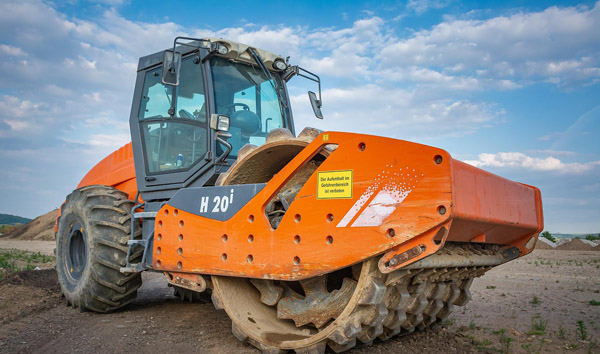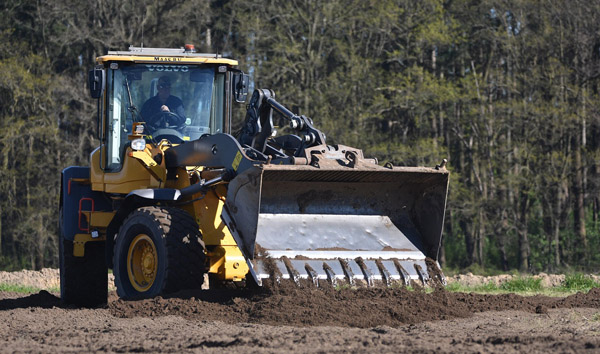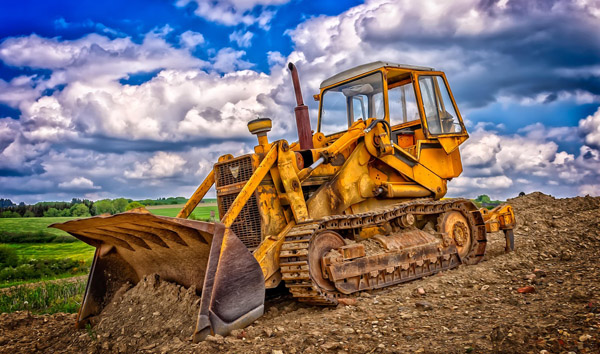Navigating the Complexities of Rough Terrain Forklift Procurement Bidding
2025-07-17 04:55:26
The demand for Rough Terrain Forklifts has surged in industries such as construction, agriculture, and logistics, where uneven surfaces and challenging environments require robust equipment. Procurement teams must carefully evaluate specifications, supplier capabilities, and cost-efficiency to ensure optimal outcomes. A well-structured bidding process is critical to securing high-performance machinery while maintaining budgetary constraints.
Market Trends and Industry Data Recent industry reports indicate a 12% year-over-year growth in rough terrain forklift sales, driven by infrastructure development and warehouse expansions. Leading manufacturers, including Toyota, Caterpillar, and JCB, dominate the market, offering advanced models with enhanced load capacities (up to 15,000 lbs) and improved fuel efficiency. Procurement teams must analyze these trends to align bidding strategies with current market dynamics.
Key Considerations for Bidding When drafting a rough terrain forklift procurement bid, several factors must be prioritized: 1. Performance Specifications – Ensure the equipment meets operational requirements, such as lift height, tire type, and engine power. 2. Supplier Reliability – Evaluate vendors based on delivery timelines, after-sales support, and compliance with safety regulations. 3. Cost-Benefit Analysis – Compare initial purchase costs against long-term maintenance and operational expenses.
Best Practices for Competitive Bidding To optimize the rough terrain forklift procurement process, organizations should: - Engage Multiple Suppliers – Solicit bids from at least three reputable manufacturers to foster competition. - Leverage Industry Benchmarks – Use data from trade associations like the Industrial Truck Association (ITA) to validate pricing and performance claims. - Incorporate Sustainability – Prioritize suppliers offering electric or hybrid rough terrain forklifts to align with ESG goals.
Conclusion Successful rough terrain forklift procurement bidding hinges on thorough research, strategic supplier engagement, and adherence to industry best practices. By leveraging market insights and competitive bidding techniques, organizations can secure high-quality equipment that enhances operational efficiency in demanding environments.













